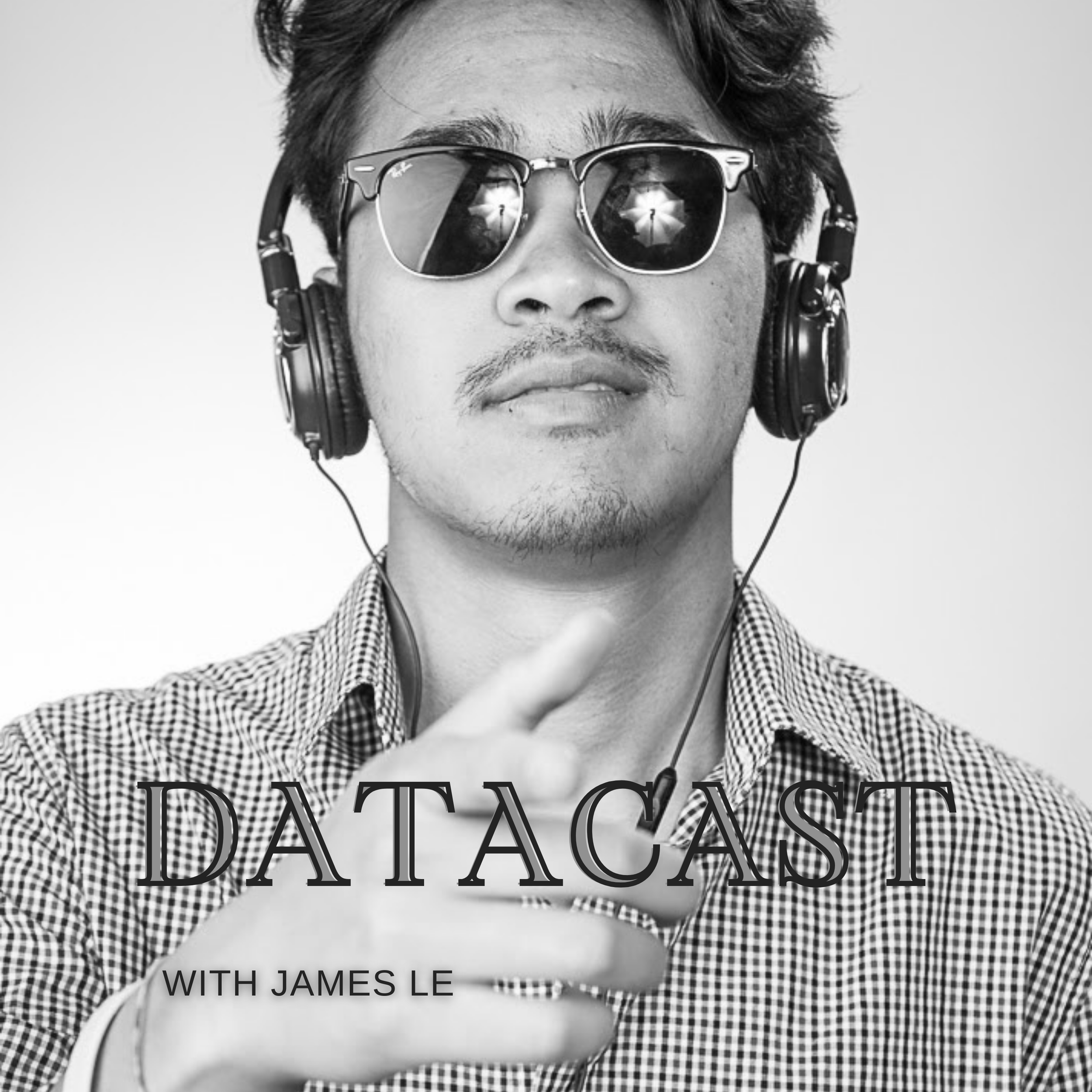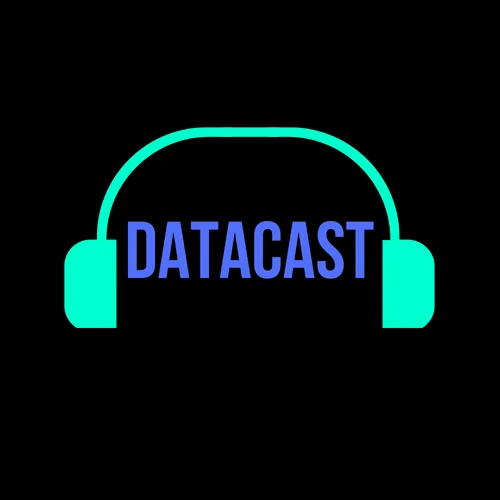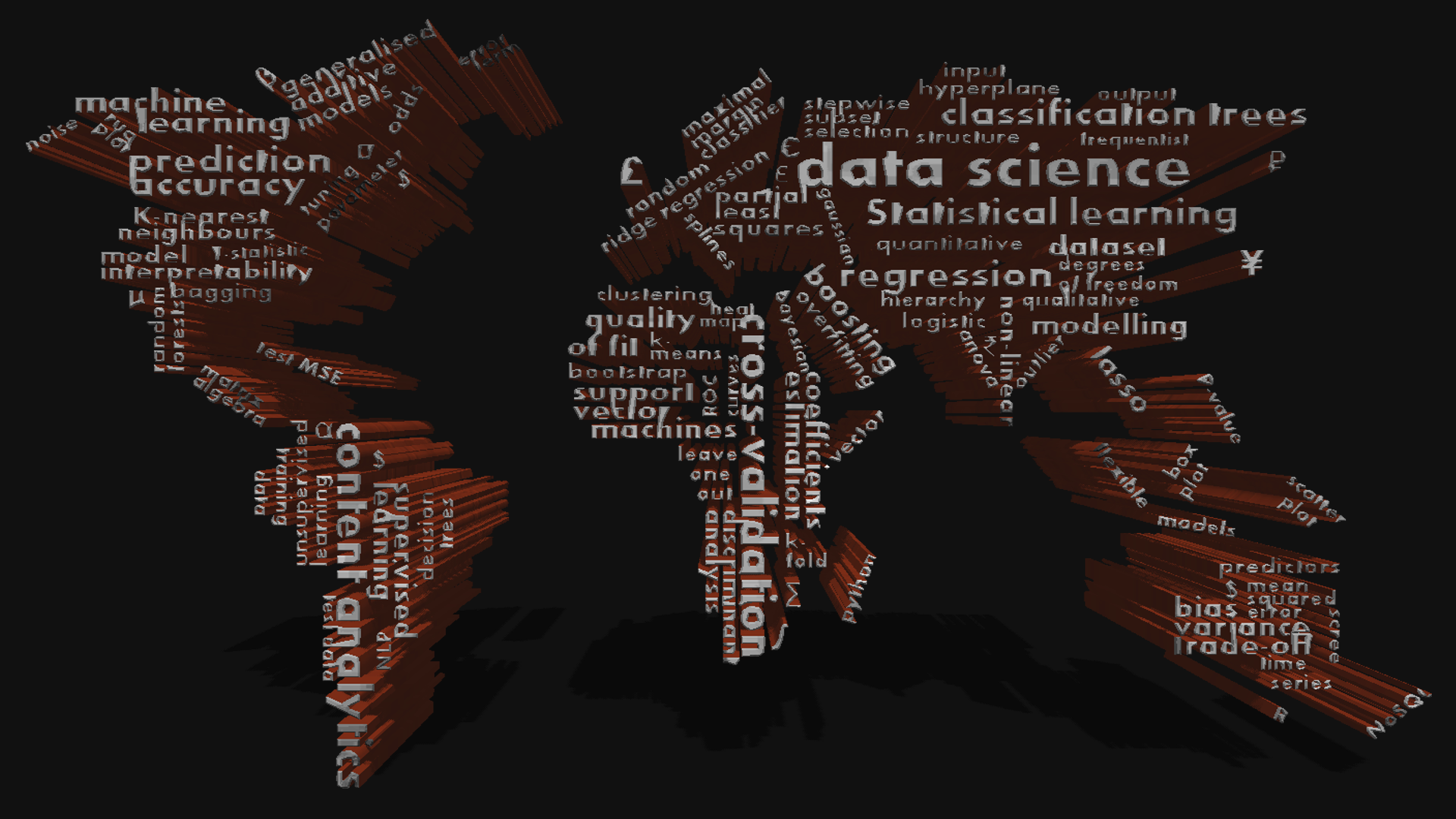Salma Bakouk is the CEO and co-founder of Sifflet, a Full Data Stack Observability platform. Before Sifflet, Salma was an Executive Director at Goldman Sachs in Sales & Trading in Asia, leading key Data & Analytics initiatives. Salma holds an Engineering Degree from École Centrale Paris in Applied Mathematics and a Master's in Statistics and Data Science.
Datacast Episode 128: Building Trust with Founders, VC Funding for the Cloud, and The Next Platform for Data Apps with Jason Risch
Jason Risch is an investor on the enterprise team at Greylock - investing in security, AI/ML, data, infrastructure, and developer tools. Before joining Greylock, he incubated ML companies at AI Fund and was a management consultant at McKinsey. Jason is a Bay Area native, graduated from Stanford, and when not working, can be found reading, hiking, playing Age of Empires, and cheering on Stanford Football.
Datacast Episode 120: Next-Generation Experimentation, Statistics Engineering, and The Modern Growth Stack with Chetan Sharma
Chetan Sharma is the Founder & CEO of Eppo, a next-gen A/B experimentation platform that is designed to spur entrepreneurial culture.
As the 4th data scientist at Airbnb and an early data scientist at companies like Webflow, Chetan has been focused on the maturity curve of growth-stage companies and how to establish data as a central stakeholder in decision-making. He previously led the team that developed Airbnb's knowledge repo and has led data teams focused on production machine learning and instrumentation integrity.
Datacast Episode 86: Risk Management, Open-Source Governance, and Negative Engineering with Jeremiah Lowin
Jeremiah Lowin is the Founder & CEO of Prefect, a dataflow automation company. Before starting Prefect, Jeremiah gained extensive experience in all aspects of the modern data stack as a director of risk management, machine learning researcher, and data scientist at a number of institutional investment firms. Today, he lives with his wife and two sons in Washington, DC.
Datacast Episode 11: Psychology and Neuroscience in Data Science with Francisco Carrera Arias
Francisco Carrera Arias, B.S. is currently a data scientist/analyst for MotionPoint Corporation and a research assistant for the Clinical Systems Biology group at Nova Southeastern University. His current work entails performing a variety of data analyses to better inform business decisions as well as using discrete logic to analyze complex biological regulatory networks for the purposes of identifying and simulating treatment courses for chronic illnesses such as Gulf War Illness.
Datacast Episode 5: Applied Statistics in Data Science with Christopher Peters
Christopher Peters is a full-stack data scientist at Zapier. He was both Zapier and Treehouse's first data scientist. Prior to his work as a data scientist, he was a research associate at LSU’s Center for Energy Studies where he was an energy economist. He has a real passion for working with, sharing, visualizing and analyzing data of all kinds using statistical, visual and machine learning techniques.
16 Useful Advice for Aspiring Data Scientists
Data Scientists at Work displays how some of the world’s top data scientists work across a dizzyingly wide variety of industries and applications — each leveraging her own blend of domain expertise, statistics, and computer science to create tremendous value and impact.
The 10 Statistical Techniques Data Scientists Need to Master
Data scientists live at the intersection of coding, statistics, and critical thinking. As Josh Wills put it, “data scientist is a person who is better at statistics than any programmer and better at programming than any statistician.” I personally know too many software engineers looking to transition into data scientist and blindly utilizing machine learning frameworks such as TensorFlow or Apache Spark to their data without a thorough understanding of statistical theories behind them. So comes the study of statistical learning, a theoretical framework for machine learning drawing from the fields of statistics and functional analysis.








